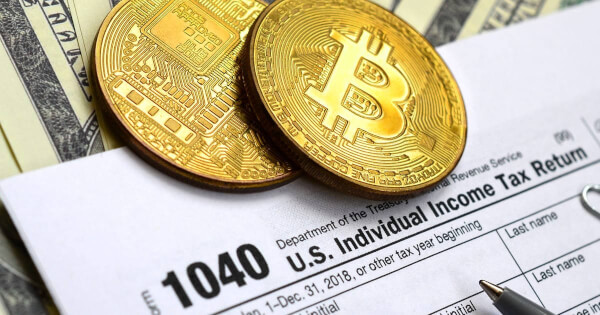IRS Introduces New Form 1099-DA for Reporting Income from Digital Asset Transactions


A preview of the new Form 1099-DA, the tax form that cryptocurrency brokers will use to record transactions involving digital assets, has been made available by the Internal Revenue Service (IRS). This form was developed as part of the Internal Revenue Service’s (IRS) ongoing efforts to increase compliance and ensure that taxpayers appropriately report income from digital assets.
Form 1099-DA is expected to be available in early 2025. Brokers are responsible for preparing this form for each client selling or trading digital assets. The form requires brokers to disclose certain information, which may include token codes, wallet addresses, and where blockchain transactions take place. Once this level of reporting is implemented, it will be possible for the Internal Revenue Service to identify taxpayers whose transactions may be difficult to detect through standard information reporting methods.
As evidenced by the issuance of Form 1099-DA, it is clear that the Internal Revenue Service is doing its best to address the tax consequences of transactions involving digital assets. According to the Internal Revenue Service (IRS), the purpose of mandating brokers to record these transactions is to ensure that taxpayers accurately report their income and pay required taxes on activities related to digital assets.
The growing importance of cryptocurrencies, non-fungible tokens (NFTs), and stablecoins in the financial landscape is reflected in the Internal Revenue Service’s (IRS) decision to list these digital assets as reportable assets on Form 1099-DA. As the popularity and usage of cryptocurrencies continues to increase, a comprehensive understanding of the digital asset transactions in which taxpayers participate is critical for tax authorities.
Among the important data elements captured in the draft form are acquisition date, sale date, proceeds, and cost basis of the cryptocurrency asset sold. It is important for taxpayers to have this information to properly file their cryptocurrency tax returns. There is also a checkbox on the form that says “Non-hosted wallet provider,” which serves to indicate the IRS’s intention to include non-hosted wallets in the broker definition. These changes may require users to provide know-your-customer (KYC) information when creating a non-hosted wallet or participating in the platform using a non-hosted wallet.
Despite the fact that the draft form provides useful insight into reporting requirements, it is important to keep in mind that it may be revised based on comments received during the comment period. The Internal Revenue Service (IRS) welcomes the public to provide feedback on draft or final versions of forms, instructions, or publications through its website.
In conclusion, the IRS’s issuance of Form 1099-DA represents an important milestone in the process of regulating and reporting proceeds from transactions involving digital assets. By requiring brokers to record these transactions, the Internal Revenue Service hopes to promote compliance and ensure that taxpayers can properly report income from digital assets. The digital asset landscape is constantly changing, so taxpayers need to be aware of their reporting responsibilities for digital assets to avoid fines or audits.
Image source: Shutterstock
. . .
tag



